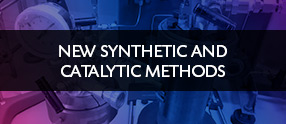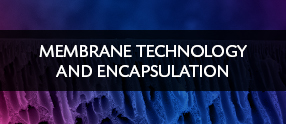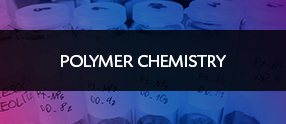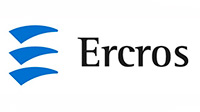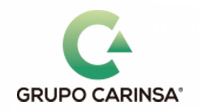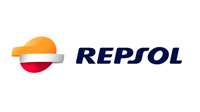Chemical Technology
We use chemical technology to meet the needs of sectors as diverse as cosmetics, consumer goods and medicine, and also to develop pilot plants and devices in the pre-commercial stage.
Experience
Development of new synthetic and catalytic methods
Sustainable energy product sourcing to deliver solutions to industry needs.
Membrane technology and encapsulation
Preparation and characterisation of different types of membranes and capsules to design or assist in engineering processes.
Polymer chemistry and technology
Research into new, more environmentally-sustainable polymer synthesis processes and polymer product improvement processes.
Sustainable chemistry
Membrane technology and encapsulation
Polymer chemistry and technology
Services

OCA-WAS, the Eurecat control body accredited according to the UNE-EN ISO/IEC 17020 standard in the field of major accidents
Eurecat offers companies the OCA-WAS control body with the aim of supporting the professional activity of companies through the evaluation of safety reports (SI) and Quantitative Risk Analysis reports (QRA).
We have the necessary technical means to prevent accidents involving hazardous substances, thus limiting their consequences on human health and the environment.
Customers
Key projects
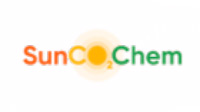
SunCoChem
Development of a tandem photoelectrocatalytic reactor for producing oxo-products from CO2, water and sunlight by integrating energy capture and conversion in a single unit.
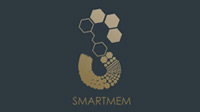
Smartmem
Training scheme for PhD students in membrane technology, including disciplines ranging from advanced material synthesis to membrane production.
Most representative sectors
Chemical Technology Team
Ricard Garcia Valls
Director of the Chemical Technology Unit at Eurecat
He has a PhD in Chemistry from the Autonomous University of Barcelona (1995) and was a Chemical Engineering researcher at the Massachusetts Institute of Technology (1996-1998). A lecturer at Rovira i Virgili University (URV) since 1998 and a researcher for two decades in membrane technology and encapsulation, he has led many public and industrial projects in his field of research and in chemical technology more generally, both at the URV and also at the Chemistry Technology Centre of Catalonia (CTQC) until the merger with Eurecat.


